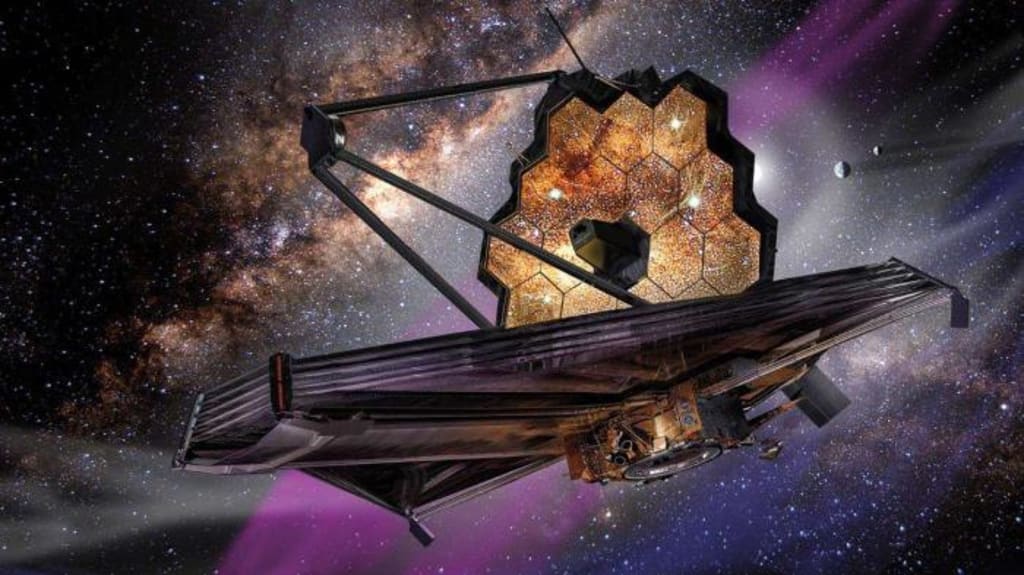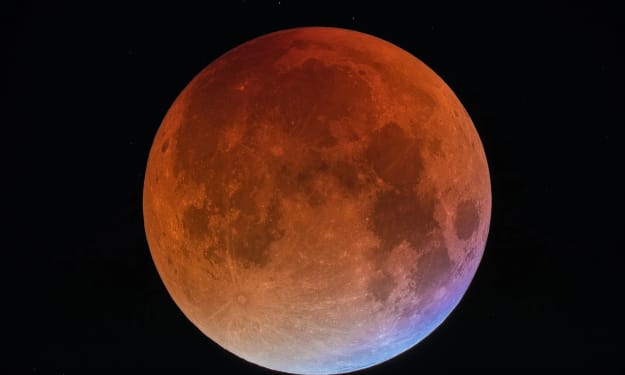Super civilization picking stars? Scientists find 800 stars disappearing en masse, very bizarre!
Scientists find 800 stars disappearing en masse, very bizarre!

When I was a child, there were racks of grapes in the courtyard of my old home. When the grapes were ripe, the family would pick them and either share the sweet and sour taste as a family or give them to friends and relatives as a way of fostering friendship. Even though the vines were empty, the harvest was sweet and heartfelt, with the promise of a good harvest the following year.
I was reminded of this childhood episode because something similarly odd has recently happened in the world of astronomy! According to scientists in Europe, when they looked at telescope data from 50 years ago, they found an area deep in the Milky Way where the stars were shining brightly, but when they looked at telescope data from the same area taken in recent years, it turned out to be dull, as if there were no stars at all! The scientists were astonished by this discovery!
To put things in perspective, scientists pulled data from other telescopes from 50 years ago and found that the area was indeed starry and full of stars. And after scientists used today's most advanced astronomical telescopes to look into the same area, it turned out that it really did turn dark!
What's going on here? Even if these 800 stars died en masse, they wouldn't have left no trace! What's more, no astronomer has ever come across a star that disappeared in just 50 years. If you have some knowledge of astronomy, you know that stars can become black holes, white dwarfs or red dwarfs, depending on their mass, and then they can exist for billions, or even hundreds of billions or trillions of years, and be observed by advanced telescopes. And what is even stranger, is that when any star is metamorphosing into a black hole, white dwarf or red dwarf, the process always lasts hundreds of millions and billions of years... How is it possible that in 50 years, over 800 stars are gone en masse, in the blink of an eye?!
Something major must have happened there! But what exactly is it?
Could it be that a super civilisation has created a giant Dyson sphere all at once, covering these 800+ stars en masse? But the area where so many stars are located is tens of billions of light years, and building such a huge Dyson sphere was caused in 50 years? That's incredible, isn't it? The Dyson Sphere hypothesis has been criticised many times over the years, so naturally, I don't believe that it has covered so many stars en masse!
So, if not, why would so many stars have disappeared en masse? Could it be that there is a bizarre civilization in the universe, or in the galaxy, that we humans can't imagine, and that they are cosmic monsters that eat stars for a living? Like when we picked grapes as children and divided them up? How else could they have disappeared without a trace in a flash? If they weren't covered, then they must have been plucked and given away, or eaten!
However, it is unlikely that humans would be unaware of such a massive movement of collective star extinction; after all, just as scientists are kept abreast of the faintest changes in Sensui IV, there is no reason for scientists to be unaware of the collective disappearance of over 800 stars in the Milky Way. Any star change would leave behind debris, traces of energy changes. But this time there were no such traces!
As a result, many scientists are now inclined to think that there is some horrible civilization in the galaxy that will pick and eat stars like humans pick and eat grapes!
...... However, could this be the case? What do you think?
About the Creator
Vicky
The world is so wonderful, let's get to know the world together!
Enjoyed the story? Support the Creator.
Subscribe for free to receive all their stories in your feed. You could also pledge your support or give them a one-off tip, letting them know you appreciate their work.






Comments
There are no comments for this story
Be the first to respond and start the conversation.